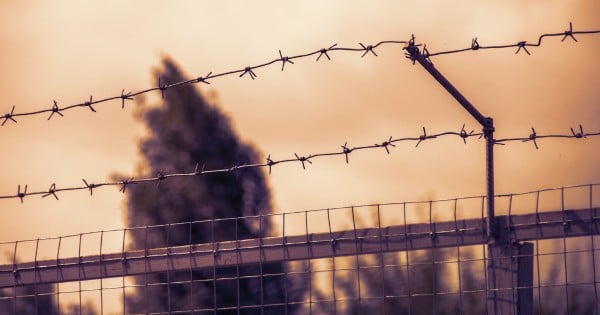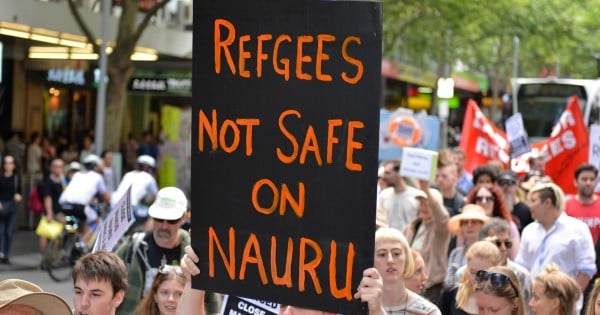
If you ever happen to work in an offshore detention centre like Nauru, you will be faced with moral dilemmas most Australians would never expect to experience.
You will work closely with a group of people who previously you only knew of through the media. The stereotypes and rhetoric will disappear and you will be faced with real people and their stories. You may come to know some of them as friend and you may dislike one or two.
In your time inside a centre like Nauru you will see the onset of mental illness and the gradual degradation of the human spirit. You will see men harm themselves; you will see women depressed and fearful; you will see children locked up. You may see suicide attempts and you may have to counsel men in the aftermath of such an incident.
If you are unfortunate you could see someone killed.



Top Comments
Speak the truth always up, out, loud whatever.
People don't because it doesn't do you any favors but it's the right thing to do.
And yes it's what I do, at least aim for.
Thank you, thank you, thank you Mark Isaacs. Some of us outside can understand better than you think - and appreciate your sacrifices and courage more than you can imagine. God raise you up and amplify your message to the world.